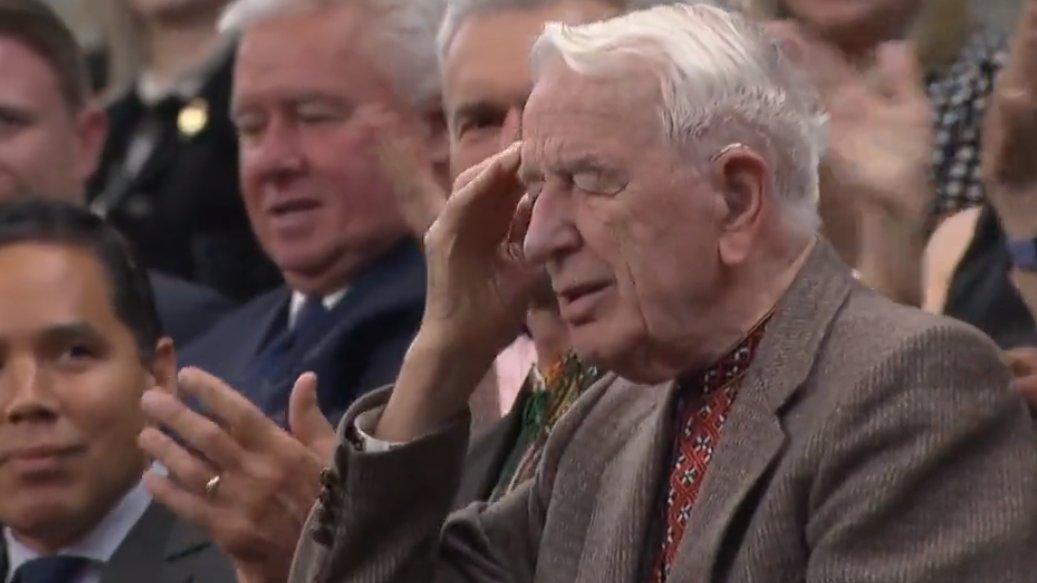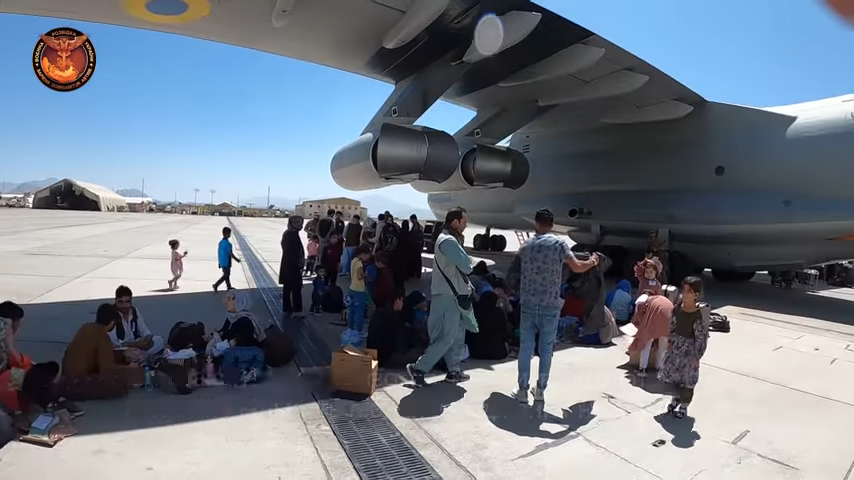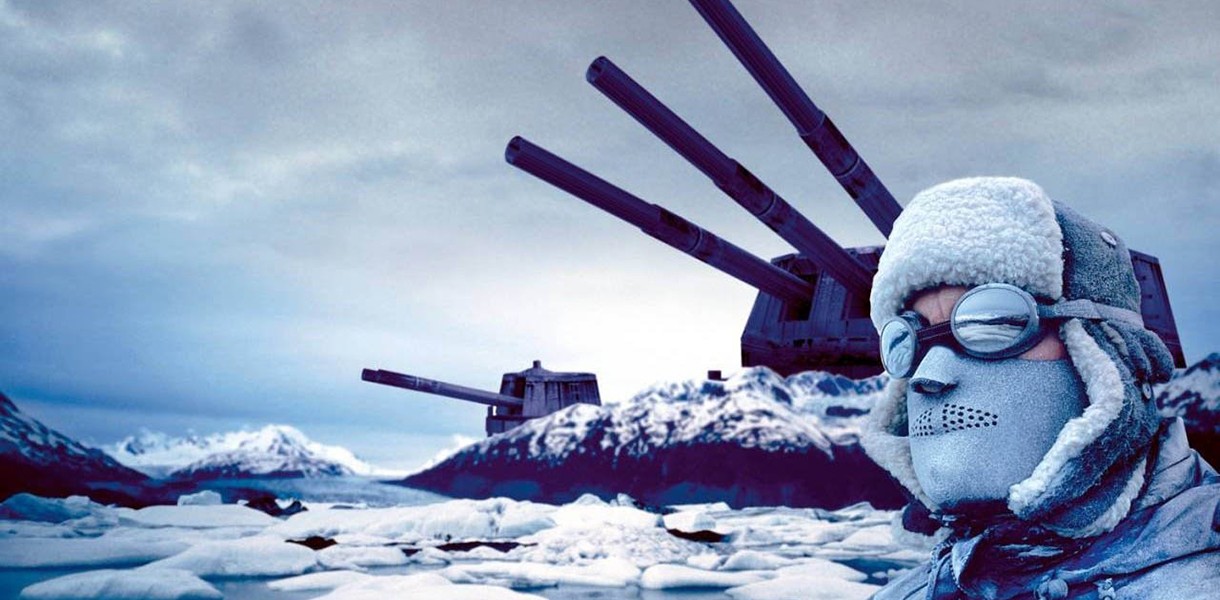Spears are flying in Canada after its parliament unwittingly delivered a standing ovation to a Ukrainian 98-year-old WWII veteran who fought under a Nazi unit and a Jewish group accused him of participation in the Holocaust. While the heroization of Hunka in the Canadian Parliament was ill-advised, a deeper dive into his history reveals a young man, far removed from Nazi ideology, who chose the only available option to fight against what he saw as the greater evil -- Soviet occupation. It also reveals that his unit was cleared of war crimes by a Canadian commission.
Row in Canada over Ukrainian WWII veteran Yaroslav Hunka
The 98-year-old WWII veteran Yaroslav Hunka was invited to the Parliament of Canada, where Ukrainian President Zelensky spoke on 22 September. Hunka traveled to Ottawa from North Bay, Ontario, which is nearly a 5-hour drive by car.
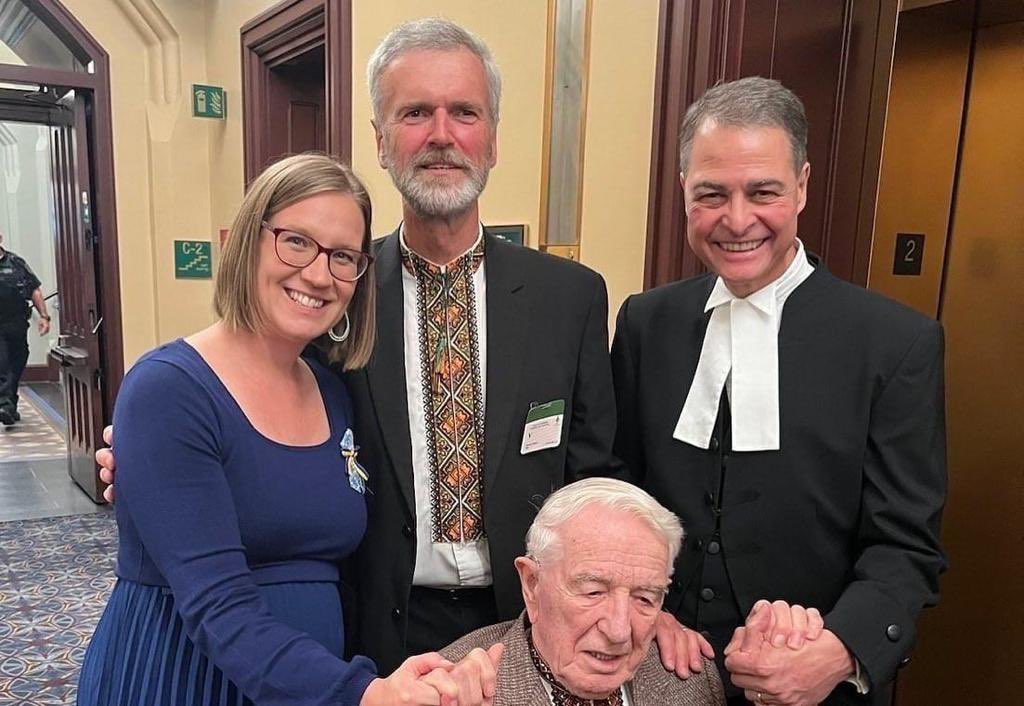
In the Parliament of Canada, Speaker Anthony Rota referred to Yaroslav Hunka as a "hero," the entire chamber greeted him with a standing ovation. Prime Minister Justin Trudeau was in Parliament with President Zelensky at that time.
"He is a Ukrainian hero and a Canadian hero, and we thank him for all his service. [Hunka] fought for Ukrainian independence against the Russian aggressors then and continues to support the troops today," Mr. Rota said.
Later the local Jewish organization CIJA (Centre for Israel and Jewish Affairs) accused Hunka of being a Nazi who participated in the genocide of Jews.
“We are deeply troubled and disturbed that a Ukrainian veteran of the infamous 14th Waffen Grenadier Division of the Nazi SS - which actively participated in the genocide of Jews - was celebrated with a standing ovation in the Canadian Parliament,” CIJA stated.
This led to a political scandal in Canada, ultimately prompting an apology from the Speaker of Canada's House of Commons.
"I have subsequently become aware of more information which causes me to regret my decision to do so… I particularly want to extend my deepest apologies to Jewish communities in Canada and around the world," Anthony Rota said in a statement shared by his office.
So, what was the Ukrainian Yaroslav Hunka doing during WWII?
Hunka, originally from the village of Urman in Ternopil Oblast, served in the 14th Waffen-SS Grenadier Division “Galicia” during WWII. This division was formed on 28 April 1943 and consisted mainly of volunteer ethnic Ukrainians operating under German command.
The unit was renamed the First Ukrainian Division of the Ukrainian National Army before surrendering to the Western Allies in 1945.
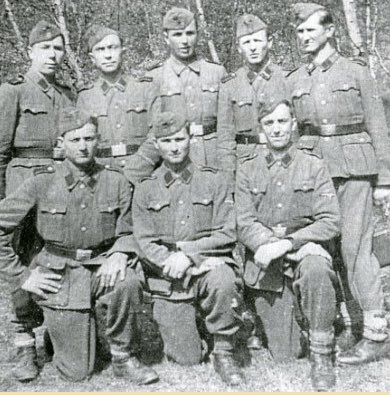
Hunka's 2011 blog post, where he describes his service under Hitler, describes his friends and acquaintances being sent to Siberia by the secret police after western Ukraine was occupied by the Soviets in 1939. He recalled longing for Germany to rescue them from this tyranny. The German occupation in 1941 was not seen as much of an improvement, but at least fewer people were being sent to Siberia, and thus when there was a threat of a Soviet reinvasion, the 19-year-old Hunka, along with others from his school, enlisted in a unit to fight against his former oppressors. Inevitably, it was under German command.
Far from being an ideological Nazi, the teenager, like other young Ukrainians who nurtured a dream for an independent Ukraine, was pressed between a rock and a hard place, doing what he saw as best for his homeland.
Did the division take part in Nazi crimes?
Historical accounts indicate that most Ukrainians who joined the First Ukrainian Division during World War II were not motivated by a desire to assist Hitler and the Nazis in conquest and genocide. Instead, these Ukrainians saw the division as an opportunity to resist Russian imperialism and try to establish an independent Ukrainian state free from Soviet domination.
The majority of division recruits came from the Ukrainian region of Galicia, which shared its name. Prior to 1939, Galicia was part of Poland and had relative cultural autonomy. In 1939, the Soviet Union occupied Galicia, leading to mass killings and repression. Thus, when the Germans first arrived in Galicia, many locals saw it as a chance to free themselves from Soviet occupation.
While the division did fight under overall Nazi command, Ukrainian recruits objected to its genocidal policies, even if they felt compelled to ally with Germany militarily to achieve Ukrainian self-determination.
"They [the soldiers of the First Ukrainian Division] identified with the fight for an independent Ukraine. In 1943, [when they joined forces with Nazi Germany], the world was still unaware of the full extent of Nazi's atrocities. Only later, when the Western Allies entered the Nazi concentration camps in 1945, the world discovered the full extent of Hitler's crimes," noted Ukrainian historian Mykola Posivnych.
Although soldiers of the First Ukrainian Division faced accusations of killing civilian Poles and Jews, the Nuremberg Tribunal did not find the unit guilty of any war crimes.
Furthermore, Canada initiated an independent investigation into the alleged presence of Nazi war criminals who had immigrated to Canada after World War II. In 1985, the government established the Commission of Inquiry on War Criminals in Canada, commonly known as the Deschênes Commission, to investigate these allegations. The Commission conducted extensive hearings over nearly two years, interviewing witnesses and reviewing evidence. Ultimately, the Deschênes Commission concluded that none of the members of the First Ukrainian Division who had settled in Canada were found guilty of committing war crimes during their service in World War II.
So, when the CIJA organization accused the Ukrainian veteran of involvement in the Holocaust, it would have been good to provide some evidence. While individual experiences in wartime can significantly differ, accusations of participating in something as horrific as the Holocaust require substantive proof. It should be thoroughly examined if CIJA has credible documentation or testimony indicating Yaroslav Hunka's involvement. Unsubstantiated charges risk unfairly tarnishing a person's reputation.
The complexities of World War II extend beyond a simplistic good versus evil narrative. Ukraine did not exist as an independent state, and many Ukrainians saw the turmoil of war as an opportunity for self-governance. However, competing visions divided pro-independence groups. Ukrainians had difficult choices and clashing perspectives during the war. Some welcomed the Nazis as liberators, while others continued supporting the Soviet war effort. By the war's end, some Ukrainians had collaborated with the Nazis; others joined the Soviet resistance.
Today, Galicia veterans continue to be a controversial topic in Ukraine; a procession to honor them was rebuked in 2021 by the office of President Zelenskyy. "There was and could not be any Ukrainian interest in the fact that the Nazis tried to use people in the occupied territories for their own purposes," the statement said, demanding answers from the mayor of Kyiv, where the procession was held.
While the glorification of Hunka is a dubious step, the accusation of him being a Nazi is also groundless, given that soldiers like him were motivated to prevent further Soviet atrocities in Ukraine, which still remain overlooked by historians today.
Editor's note. This article was initially titled "Factcheck: Did Canada's parliament really invite a Nazi?" The title and introduction have been rephrased, and further context added to reflect the main issue - that WWII was not a black-and-white choice for Ukrainians, and many aligned with the Germans solely to defend their homeland from the greater evil - Soviet occupation.
Read more:
- Zelenskyy visits Canada, addresses Parliament, meets with local Ukrainian community
- Canada to participate in F-16 pilot training for Ukraine
- Ukraine, Canada sign new Free Trade Agreement
- Understanding the Ukrainians in WWII. Part 1
- Understanding the Ukrainians in WWII. Part 2. Stories of Ukrainians in the Red Army
- Understanding the Ukrainians in WWII Part 3. Of German plans and German collaborators.

